U.S. House passes suite of public lands legislation
Author
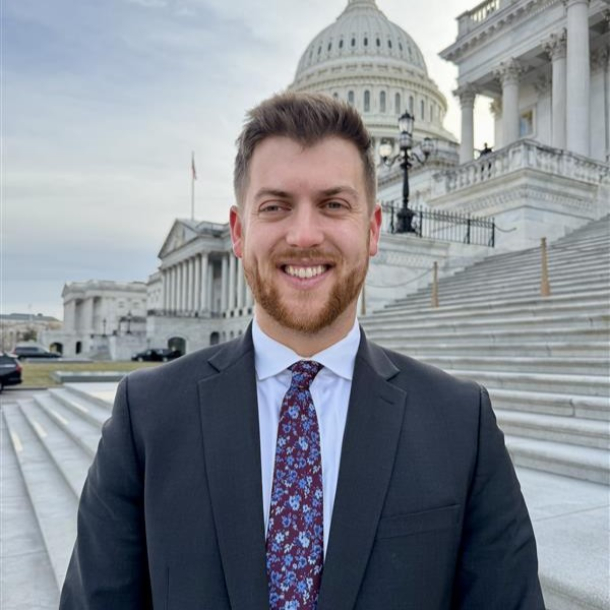
Owen Hart
Upcoming Events
Related News
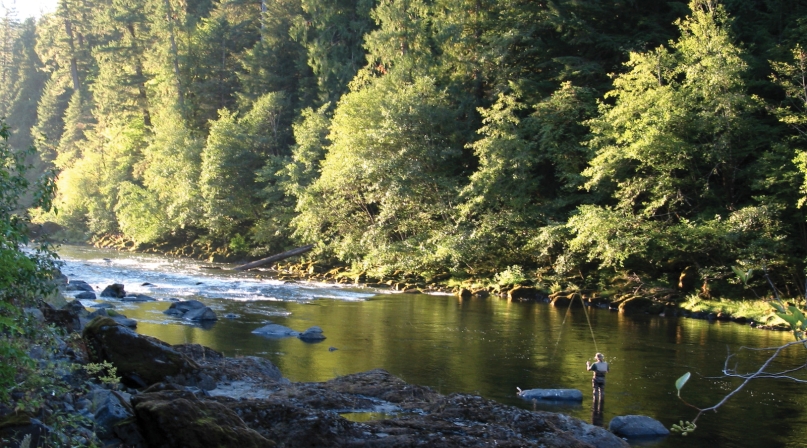
Key Takeaways
On May 1, the U.S. House of Representatives considered a series of key natural resource and public lands legislation. The six bills, all of which originated in the U.S. House Natural Resources Committee, address a range of issues impacting public lands counties and residents.
Which bills were under consideration?
- H.R. 6285 – Alaska’s Right to Produce Act of 2023: This legislation aims to undo the White House’s decision to cancel oil leases in the Arctic National Wildlife Refuge and prevent the Interior Department's (DOI) rulemaking restricting oil and gas leasing on 13 million acres of the National Petroleum Reserve-Alaska. The bill passed the House by a margin of 214-199.
- H.R. 3397 – WEST Act of 2023: This bill would revoke the Bureau of Land Management’s (BLM) recently finalized conservation and landscape health rule. This rule places conservation on equal footing with energy development, livestock grazing, and other activities under the BLM's "multiple-use" mandate for managing public lands. Additionally, the bill would prevent the BLM from introducing similar rules in the future. The bill passed the House by a margin of 212-202.
- H.R. 2925 – Mining Regulatory Clarity Act of 2023: This bill would permit companies to undertake various activities, such as waste storage, road and building construction, and mineral processing, on public lands, irrespective of whether any mineral deposits are found there. It was prompted by a 2019 federal court decision regarding the Rosemont copper mine project in Arizona which prohibits mining companies from storing waste on public land unless they first demonstrated the presence of valuable minerals. The bill was unsuccessful in the House, failing by a vote of 204-210, and has been referred back to the House Natural Resources Committee.
- H.R. 3195 – Superior National Forest Restoration Act: This bill mandates that the U.S. Forest Service (USFS) conducts a comprehensive review of all mine plans of operation within Minnesota’s Superior National Forest within 18 months of the bill being enacted. Additionally, the USFS would be required to reissue mineral leases within the National Forest that were previously canceled and shield them from legal challenges. The bill passed the House by a margin of 212-203.
- H.R. 764 – Trust the Science Act: This bill directs the Department of the Interior to remove protections for the gray wolf under the Endangered Species Act (ESA) by reinstating a 2020 rule that delisted the gray wolf across the lower 48 states. Presently, the species is classified as threatened in Minnesota and endangered in all other lower 48 states except for the northern Rocky Mountains population. Additionally, the legislation would also prevent any future efforts to reinstate ESA protections for the Gray Wolf. The bill passed the House by 209-205.
- H.R. 615 – Protecting Access for Hunters and Anglers Act of 2023: This bill would prevent the DOI and U.S. Department of Agriculture (USDA) from imposing bans on the use of lead ammunition or tackle on any federal lands or waters under their jurisdictions. However, exceptions can be made if a decline in wildlife population at a specific public lands unit is primarily linked to the use of lead ammunition or tackle. The bill passed the House by a margin of 214 to 201.
Counties support federal efforts to strengthen the intergovernmental partnership and cooperative public lands management.
As key intergovernmental partners in wildlife and natural resource stewardship, counties have a particular interest in the federal government’s approach to public lands management. Counties believe that federal land management policy should prioritize, protect, and uphold public lands access and support the economic revitalization of communities that rely on natural resources. Counties appreciate Congress’ attention to these important issues and look forward to working with our federal and congressional partners to implement common-sense policies that can strengthen the intergovernmental partnership.
Related News
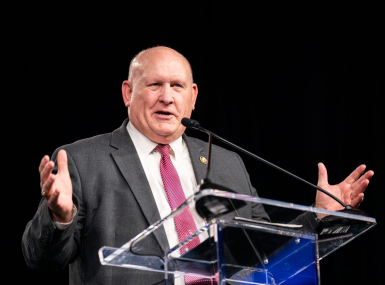
House Agriculture Committee chairman targets Easter farm bill passage
House Agriculture Chairman G.T. Thompson (R-Pa.): “Let’s face it — the 2018 policy was really great for 2018, but it’s no match for the challenges of 2026.”
Next step on PILT requires more outreach
Facing headwinds on making PILT funding permanent, county veteran Rep. Celeste Maloy (R-Utah) told county officials to reach out to any member of Congress who will listen.

Counties receive first Secure Rural Schools payments after program is reauthorized
On February 20, the U.S. Forest Service (USFS) announced that counties across the country will receive payments through the Secure Rural Schools (SRS) program for the first time in nearly two years. The release of payments will deliver critical relief to timber-dependent counties that rely on these funds to maintain essential services as they transition toward long-term fiscal stability.
Advocacy
Congress Passes Landmark Outdoor Recreation Package
Lawmakers passed the bipartisan EXPLORE Act (H.R.6492) on December 19 to boost outdoor recreation opportunities on public lands for county residents and visitors and aid gateway communities
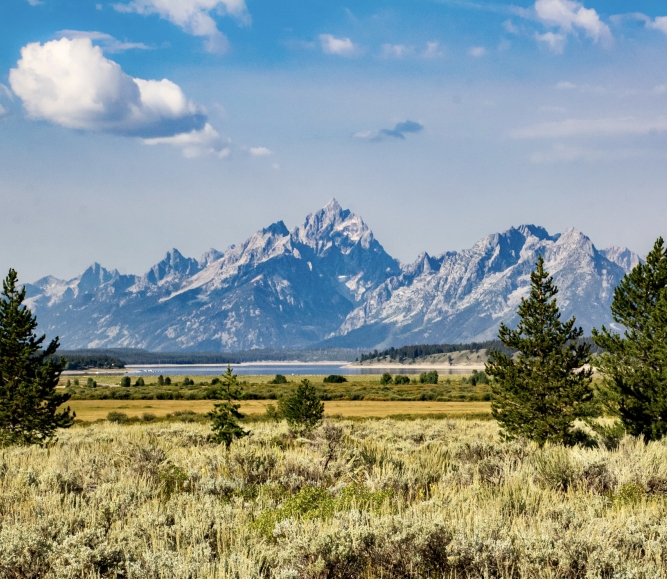
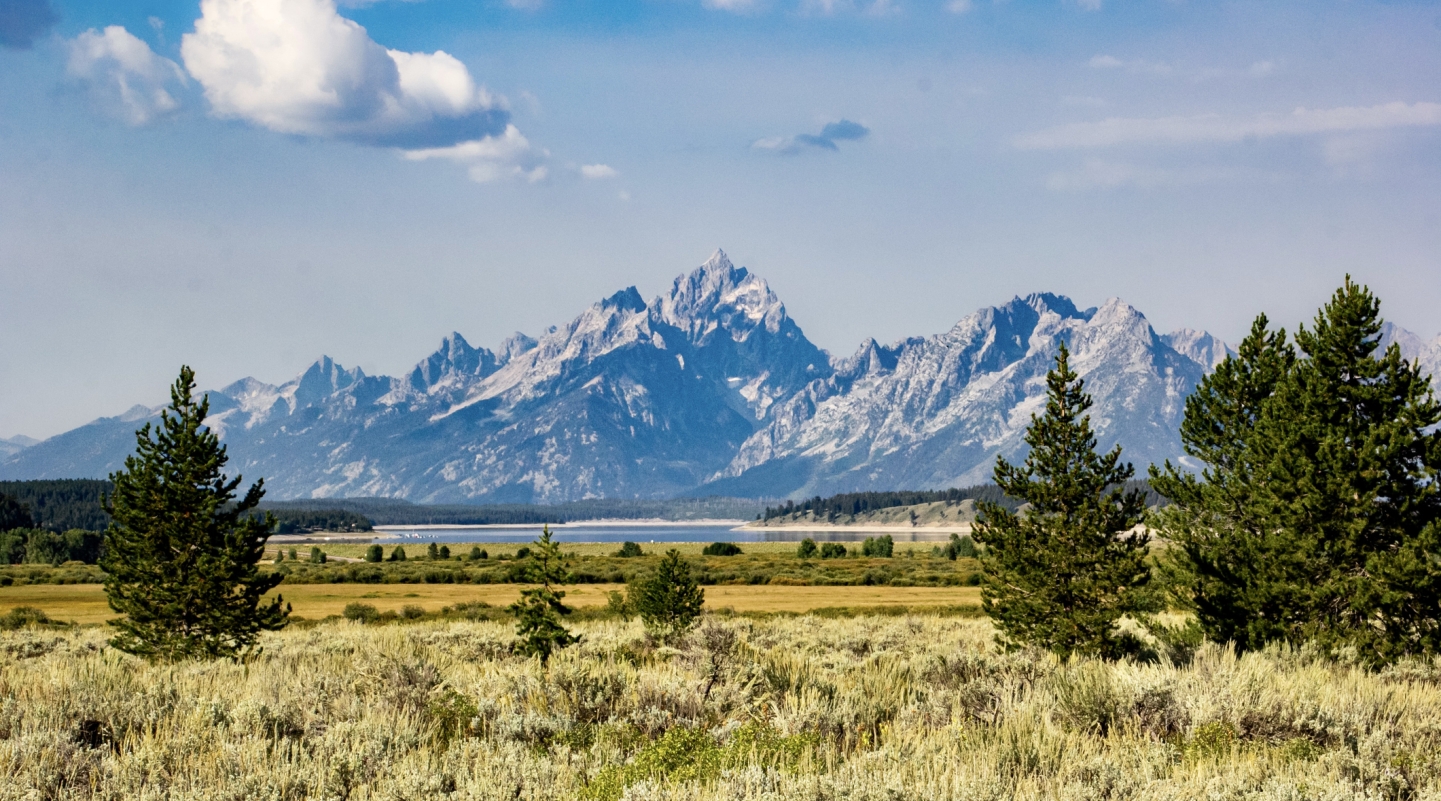
National Center for Public Lands Counties
The National Center for Public Lands Counties is dedicated to advancing the policy and practice study of America’s public lands counties. Our mission is to deepen the understanding and address the unique challenges faced by counties containing federal lands through strategic research and collaboration.